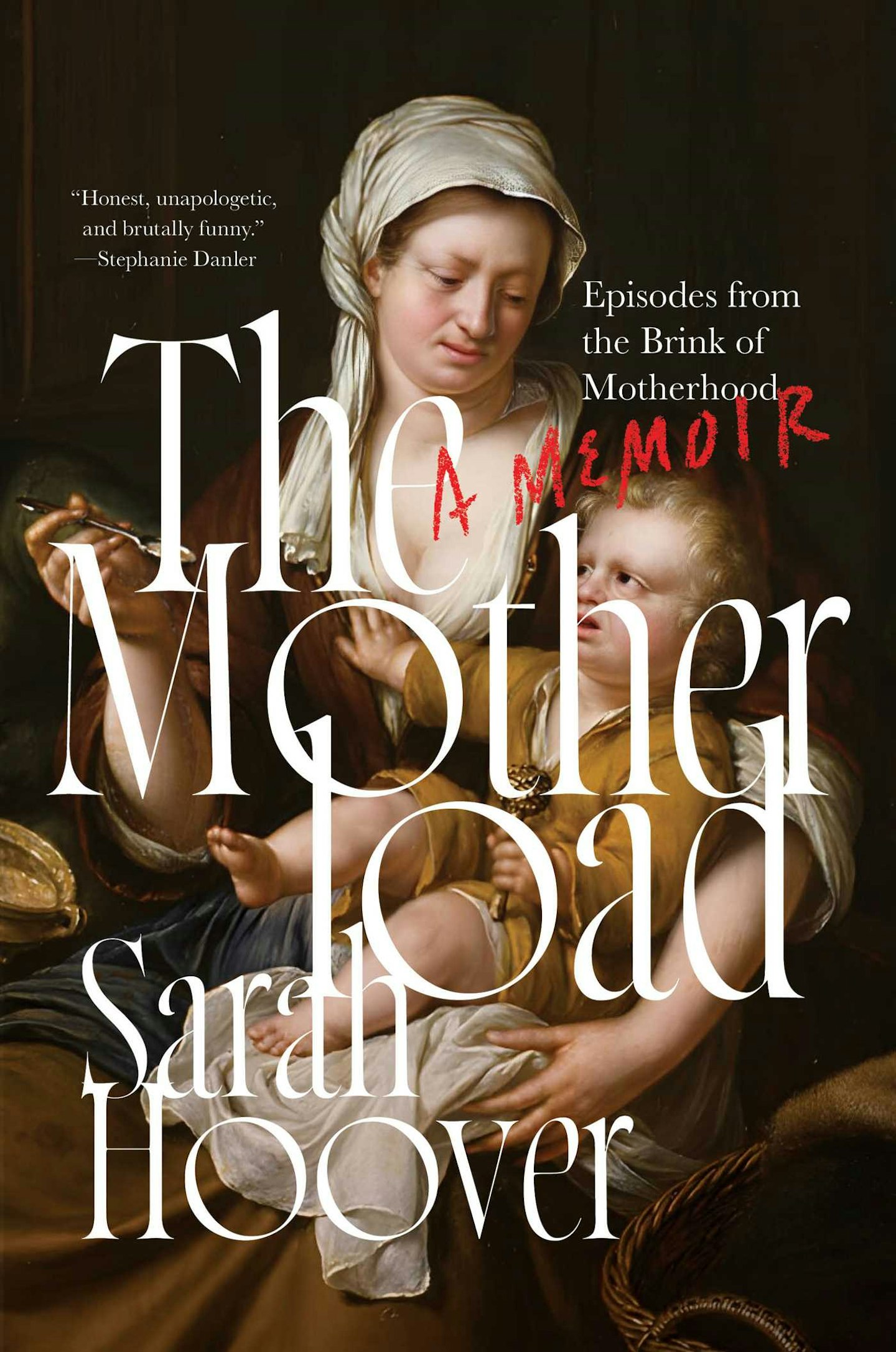When Sarah Hoover wrote her memoir The Motherload: Episodes from the Brink of Motherhood, she decided to share everything about her experience of postpartum depression. This included the spiralling, partying and darkest thoughts she had at the time.
She first noticed her symptoms three months after she gave birth to her first child, a son, in October 2017, she knew things weren't 'right'. The art consultant and influencer felt alienated from him, and began to develop feelings of intense rage at her husband for things like leaving a cup near the sink.
When she took the Edinburgh Postnatal Depression Scale (EPDS), a tool used to screen for postpartum depression, she felt even more disconnected. It asked her if she was crying every day, but she wasn't. Her symptoms felt much more complex.

'I was just like spinning out of control, an emotional mess, angry at everyone, and totally disassociated from the idea of being a mom,' she explains. She couldn't see a question that summarised all of that.
'I would sit at my kitchen table and have tea, and I remember thinking: I wish I could just stand up on that ledge and walk onto a cloud and float away into another life, or step off the ledge and not feel any pain and not leave a mess for my husband to have to deal with, but just not be in this life anymore,' she tells Grazia. 'It's really a terrible level of despair for any person to feel.'
'I felt so sorry for my kid, because I was like, "he deserves so much better than me", but I just felt like such a failure as a woman, because I didn't feel like I was good at being a mom. I didn't enjoy it. It wasn't fulfilling for me. I didn't feel connected to my kid.'
Thankfully, she met a doctor who asked the right questions and spotted the signs. They identified what she was experiencing, but this was after a year of her dealing with this and juggling parenting, work and her marriage.
'It really only stopped because I got on antidepressants. That was the first thing that opened the door to me going to therapy and figuring my shit out,' she says.
Looking back to this time, she reflects on how narrow the cultural image or stereotype of postpartum depression is. 'You imagine a woman who was like in her bed crying with dirty hair and can't get up. That wasn't me. I went to work, I went to parties, I got drunk, I hung out with my friends, but I just hated it. I was so miserable. I was so unfulfilled by being a mom, and I also was filled with rage - I was so mad at my husband, I was so mad at my mother. I hated the doctor. There was no one who could escape my rage,' she says.
Because of this cliché, like a lot of people, she developed an imposter syndrome over whether she was 'ill enough' or 'depressed enough' to seek help. Knowing this now, after she's had her second child in April, a daughter, and found the joy and happiness of motherhood, she wanted to write her book to make other women feel seen if that's not the case.
'There are women out there for whom motherhood is a delightful, easy fit, and it checks all their boxes, and it's where they thrive, and it's their calling, and I'm pretty jealous of them, but that definitely wasn't me. And I think there's likely more women like me than like that.'
The last thing she'd want is for other women to stop themselves accessing support as a result. 'I wrote this book to broaden the understanding of postpartum depression.'
